The Temporary Foreign Workers Program (TFWP) is essential in filling labour gaps across various Canadian industries. However, foreign workers arriving in Ontario face difficulties accessing healthcare under the Ontario Health Insurance Plan (OHIP). While OHIP provides immediate coverage for eligible residents, Temporary Foreign Workers (TFWs) often struggle to promptly obtain OHIP coverage. This blog post explores the challenges of OHIP access for TFWs, concerns about securing private health insurance, and potential solutions to ensure compliance with the new TFW health insurance regulations.
The Challenge of Accessing OHIP
OHIP is a vital aspect of the province’s healthcare system, offering extensive and immediate medical coverage to eligible residents. Yet, TFWs face unique challenges in accessing OHIP. Upon arrival, TFWs are required to submit proof of residence (e.g. a residential lease) before being approved for OHIP coverage. This process can be lengthy and delay access to essential healthcare services.
Understanding TFW Health Insurance Regulations
According to the new TFW regulations relating to health insurance, all employers who employ foreign workers under the TFWP must provide private health insurance that covers emergency medical care during the period the worker’s provincial or territorial health insurance is not active. This requirement applies to most TFWP employers, except those who employ workers under agreements for seasonal agricultural workers, which include health insurance provisions.
Dilemma – Securing Private Insurance or relying on OHIP Reimbursement for Employers?
Given the need for private health insurance during the TFWs’ initial period of stay in Canada, employers face the dilemma of deciding whether to secure private insurance for the first 30 days or rely on OHIP reimbursement for eligible expenses. The concern stems from wanting to ensure compliance with the TFW regulations while minimizing the financial burden on both employers and TFWs.
Employers and TFWs should recognize the ongoing importance of managing healthcare coverage not only upon arrival in Canada but throughout the duration of the TFWs’ authorized stay in Canada. Often TFWs and their accompanying family members find themselves on “Maintained Status”, meaning their immigration documents have expired but an application to extend their Canadian immigration status has been submitted from within Canada allowing them to continue living and working under the same conditions set out on their expired immigration status documents. Since their OHIP cards are tied to the expiry date of their expired immigration status they could find themselves without health insurance. While OHIP typically reimburses health expenses incurred while on Maintained Status if their immigration status is extended, the current five-month application processing time (that can be longer) can result in TFWs and their dependents on the hook for upfront medical service payments.
To address this, OHIP offers six months of extended coverage if TFWs and their dependents can prove an extension application is pending, continued full-time employment in Ontario for at least six more months, and evidence of continued residence in Ontario. TFWs that do not request this extended coverage from OHIP may seek replacement insurance from their employers. Accordingly, employers need to be wary of not only a situation where their employees incur medical expenses without insurance but also non-compliance with Immigration Regulations that require employers to ensure medical coverage is available to the foreign worker.
Potential Solutions and Recommendations
- Temporary Health Insurance: To comply with TFWP regulations, employers can explore short-term health insurance options that cover emergency medical care until the TFWs can prove their intended residence in Ontario. This ensures that TFWs have adequate coverage until they can access OHIP.
- Communication with OHIP: Employers and TFWs can proactively communicate with OHIP for reimbursement and backdating of OHIP applications. This step can provide clarity on the potential coverage gap and ensure a smoother transition to OHIP.
- Advocate for Streamlined OHIP Application Process: Stakeholders, including employers, industry associations, and advocacy groups, can collaborate with relevant authorities to streamline the OHIP application process for TFWs. This might include finding ways to expedite the verification of residency documents to facilitate prompt OHIP access. Given that the TFWP requires the employer to identify the location of employment in Ontario, the added requirement to provide residence in Ontario by the Ministry of Health creates an unnecessary barrier for employers to meet their obligations vis-a-vis health care coverage for newly arrived workers.
Addressing the challenges of OHIP access for TFWs requires balanced solutions that uphold TFWP compliance while ensuring efficient access to healthcare for TFWs. As such, establishing a truly welcoming and supportive environment for Ontario’s TFWs demands continued collaborative advocacy efforts.


